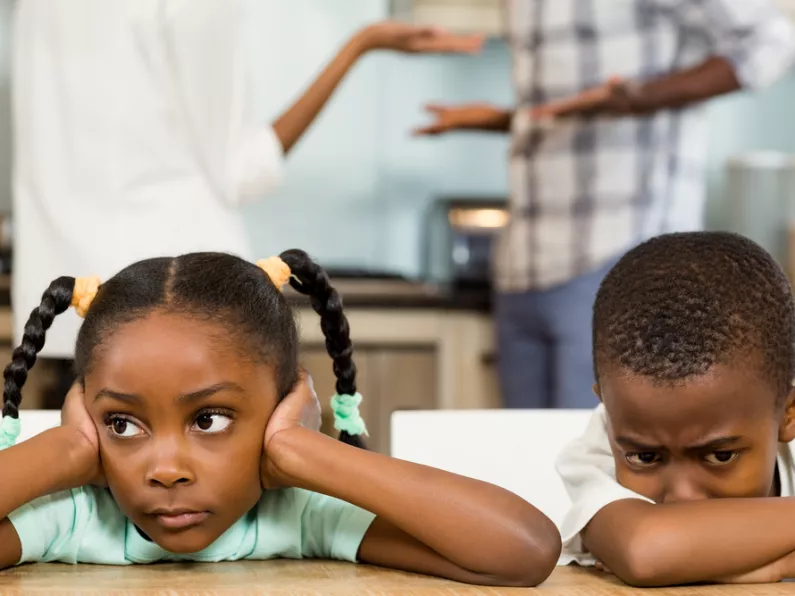Sibling rivalry can be frustrating to you as a parent, but it is inevitable.
My two little girls never stop fighting over that last piece of pizza; they both want to sit next to me, and one will start crying if the only spot left is taken by her sister.
But the reason for the fighting often runs deeper than that last slice of pizza.
Understanding why they fight
I noticed a lot of rivalry between my oldest daughter and my second-born, as well as between my two younger daughters.
The different stages of development can lead to jealousy and misunderstanding.
My younger daughters will fight for my attention or for the best doll, while my older daughters fight over who is supposed to clean their room, brush their shoes, or babysit their little sister.
The constant bickering can be draining for you as a mom and while you may not be able to eradicate it completely, here are some ways to help manage it.
Stamping out rivalry
- Stay calm, quiet and in control: It's easy to give in to frustration and want to shout and shut everyone down. But be calm and pay attention to what your children are doing so you can intervene before a situation escalates. Keeping your cool teaches your kids to do the same.
- Set a good example: Children imitate what they see. When adults slam doors in anger and argue in front of their children, the kids are likely to do the same.
- Celebrate individuality: Celebrating each of your children individually helps them build self-confidence and they will be less likely engage in fights. Carve out time to spend with each child individually to minimize the fighting for your attention.
- Plan for family time: Having a family trip or dinner helps divert the attention of your children from each other to things around them. The excitement helps build bonds among them as they create memories.
- It takes two to tango: I rarely see the events that spark the fights, but I will be dragged in during the blame games. It's good to step back from the situation and give judgment fairly.
- Listen: Children become frustrated and emotional during a fight. It is good to listen to and respect their feelings. They will likely cooperate when they feel they are being heard.
- Have a family meeting: It’s good to gather the family and let everyone say how they feel and what they want changed. Come up with house rules that can be hung where everyone can see them.
- Take it positively: It is also important to understand that children know how to handle conflict. Letting them solve their differences will help them learn how to solve conflicts in the future.







